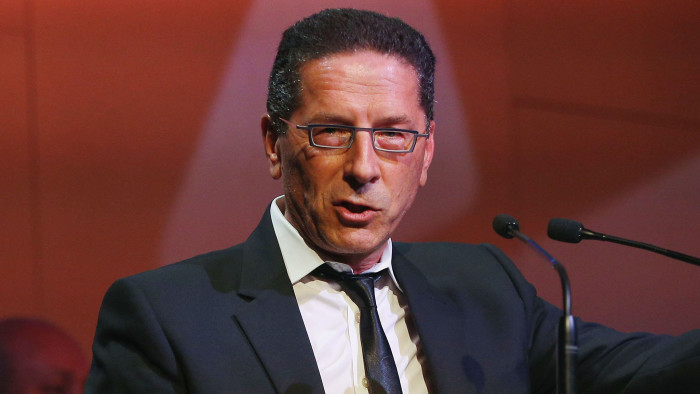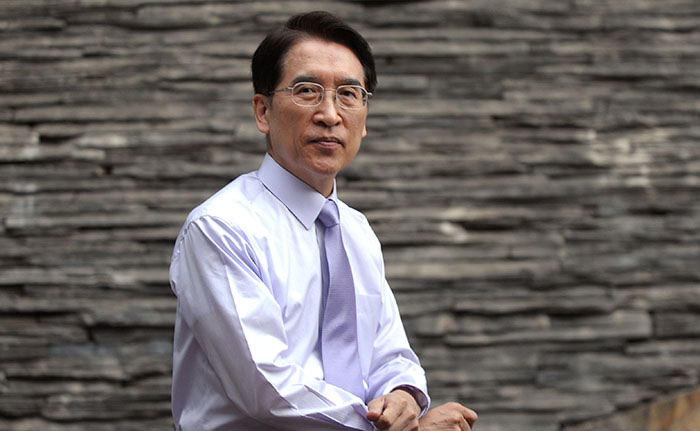Five buzz phrases we love to hate — and one to like

Roula Khalaf, Editor of the FT, selects her favourite stories in this weekly newsletter.
The workplace is supposed to be where we get things done. Today, however, it seems to be the last place you can be productive. There is a stream of management fads, fashions and buzzwords distracting us from our to-do lists. We have been invited to obsess over quality, excellence and customer centricity. More recently, we have seen well-meaning gurus pushing happiness, hackathons and holacracy.
Here is my pick of management ideas that mysteriously maintain their grip on business.
Workacise
Giving staff access to a gym is no longer enough. You must turn your entire workplace into an exercise zone. “Workacise” is when work and physical exercise become indistinguishable. This can involve walking-meetings and installing treadmill desks. Some companies encourage employees to wear bands that track their steps, heart rate and much more. Executives of some fitness obsessive companies brag about their latest Iron Man or mountain climbing trip. Sadly, being able to negotiate an ascent of Everest does not necessarily mean you can negotiate the perils of corporate life.
Awesomeness
It is almost a decade since management writer Umair Haque penned his “awesomeness manifesto”. He claimed innovation was dead and awesomeness was taking over, and the key to this was passionate people doing “insanely great stuff”. Today, staff are being encouraged to let their inner awesomeness loose. Nick Riggle, a rollerblader-philosopher, says we can be awesome by breaking out of our work role in a way that allows others to express themselves.
Being good or even great at your role is no longer good enough.
Authenticity
The ubiquitous business book in Australia in recent years was The Naked CEO, by Alex Malley, former chief executive of CPA Australia, an accountants’ professional association. His was one of the more recent iterations of the “authenticity for managers” movement that emerged at the start of the century, thanks to Bill George and his book Authentic Leadership. Today, many middle managers are trying to show who they really are by sharing their “authentic story”. While some honesty might be welcome in corporate life, there are many things we do not want to know about our bosses.
The movement is still going. Mr Malley, however, was sacked last year from CPA Australia.

Curation
Curators used to work in museums. Now curating is the act of assembling anything. You can curate a website, speakers at an event or a dinner party. You can curate your strategy, your brand and data. Baristas have already become coffee curators. Will we see curators of groceries stacking shelves? As a management idea, it is probably more pretentious than harmful.

Purpose
The corporate buzz word of the moment is “purpose”. Every leader worth their bonus package has to have one. One exercise for getting in touch with your purpose involves imagining you have just died and you are lying in your grave, looking back on your life. In South Korea, chief executive Shin Chang-jae, tells how he got into a coffin that was nailed shut. The idea was to emerge, reborn with a new sense of purpose.
One that might work: switching off
Companies have become increasingly greedy of employees’ time. Now those employees are starting to kick back by creating clear boundaries around their time.
Bruce Daisley, a managing director at Twitter, recently issued “The new work manifesto”, which says “40 hours is enough” and individuals should have a “digital Sabbath”. I have started to receive emails with a sign-off informing me that the sender checks their emails only twice a day.
Limiting our working time in this way might actually help us get things done.
The writer is professor of organisational behaviour at Cass Business School and the author of ‘Business Bullshit’
Comments